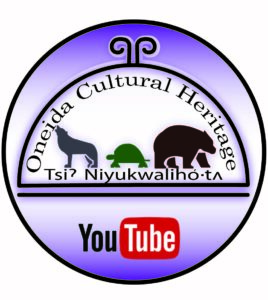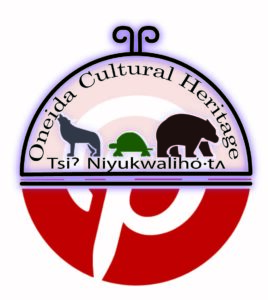The THPO is funded by the National Park Service Grant, and administered by the Tribal Historic Preservation Officer. It is located within the Cultural Heritage Department. In 2003 our department became the 35th tribe to have the same status as the state level Historic Preservation Office capacity.
Earth moving projects within reservation boarders can consist of projects such as road repair, bridge replacements/ repair, wetland, subdivisions, stream restorations, demolitions, easement, fee to trust status individual home improvements, any type of construction and more.
Each year the Tribal Historic Preservation Program reviews various federal, state, local and tribal projects, such as the Department of Transportation (DOT), Federal Highway Administration (FHWA), National Resource Conservation Service (NRCS), Department of Natural Resources (DNR), Army Core of Engineers (ACOE), Housing Urban Development (HUD), Department of Agriculture, conservation, as well as other projects.
Internal Responsibilities of the THPO (101(d) 2)
Although these positions vary from tribe to tribe, THPO positions typically are responsible for carrying out the Memorandum of Agreement between the Nation Park Service and the Tribe as outlines in National Historic Preservation Act (NHPA). These agreements contain responsibilities that include but are not limited to the following: review and concur with all section 106 projects within the boundaries of the reservation, conduct a reservation wide survey, provide outreach and education, nominate properties to the National Register, consult with federal agencies regarding historic preservation activates. These positions are also responsible to consult with federal agencies regarding historic properties of significance to their tribes off reservation as well.
A tribal historic preservations officer’s role is the same as State of Wisconsin SHPO (State Historical Preservation officer); each tribal government also has its own cultural resource officer. These are called Tribal Historic Preservation Officers (THPO’s). These officers are determined by tribal governmental resolution and serve to inform and protect tribal cultural resources for the tribe, state, and federal agencies. These positions are established pursuant to 101 (d) 2 of the National Historic Preservation Act. The THPO upholds their respective tribe’s cultural resources law and policies on their respective reservations as well as the consultation of off reservation projects as well. Tribes that have assumed the function of the State Historic Preservation Office within the exterior boundaries of their reservation must be consulted in lieu of the SHPO for all undertakings occurring on or affecting historic properties of tribal lands.
The historic preservation program utilizes a variety of expertise on our cultural resources. Tribal cultural resource expert roles typically have knowledge and expertise regarding the location, care, and treatment of historic properties. Their expertise may include cultural resource identification of human remains, associated and unassociated funerary objects, sacred objects, and objects of cultural patrimony.
These positions typically carry a unique role within our community. They may be spiritual advisors, elders, cultural committee workers, environmentalists, and/or cultural resource specialist.
It is critical that agencies enlist the expertise of tribal experts particularly when historic properties exit within a project area of potential effect. Services may include but are not limited to: Archaeological investigations, traditional cultural assessments, oral interviews, research recommendations, monitoring construction activates, development of appropriate care and treatment or long term management of the area.
This is an overview of some of the federal laws and regulations most useful in protecting historic, cultural and sacred places of most concern to Indian Tribes. The information is focused on some of the roles of federal agencies and the specific roles of tribes under those laws.
Legislative Requirements to consult with Indian Tribes. Consultation with Indian governments regarding historic and cultural resource is defined by the following federal laws and executive orders: The National Historic Preservation Act as amended, The Native American Graves Protection and Repatriation Act, and The Archaeological Resource Protection Act.










